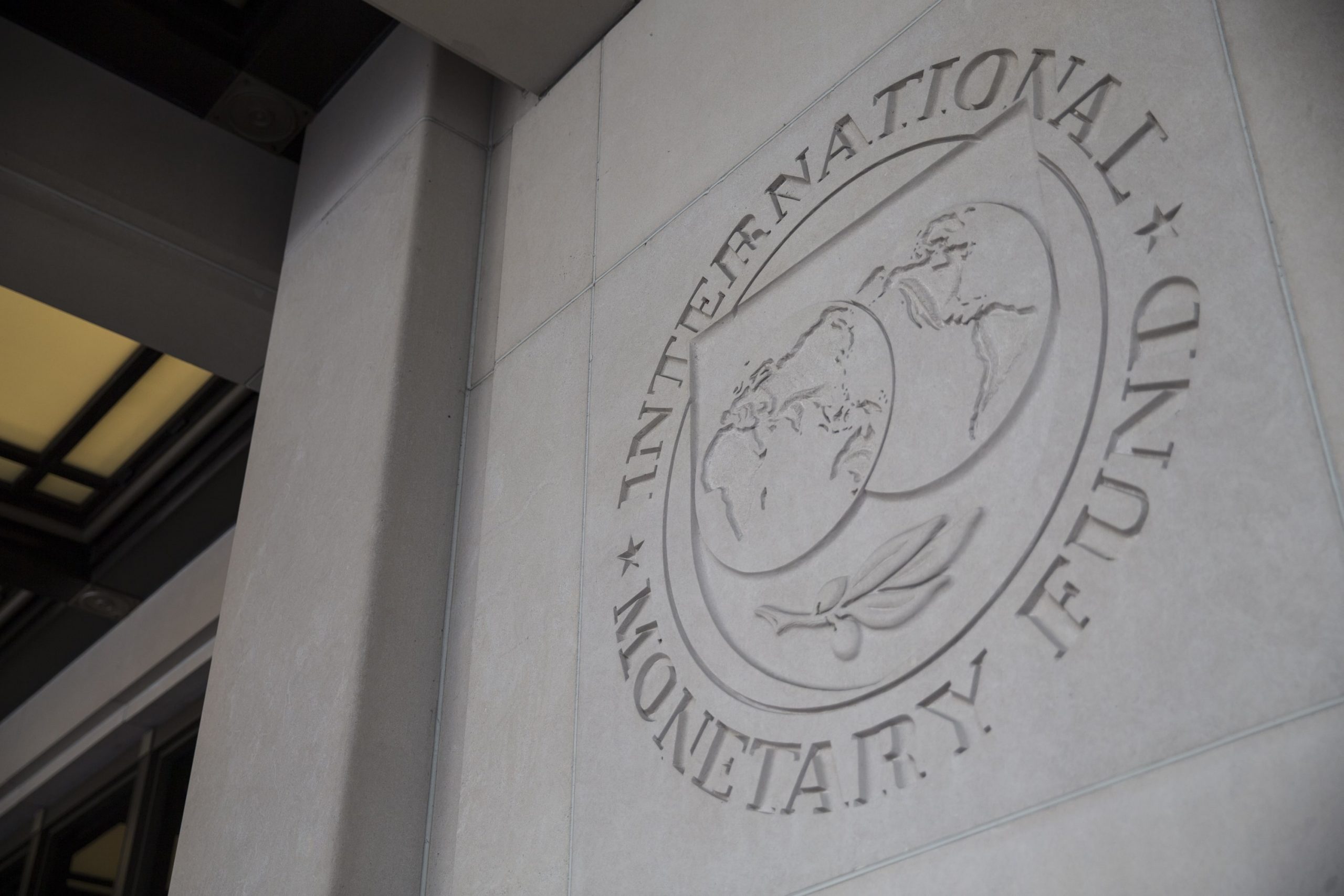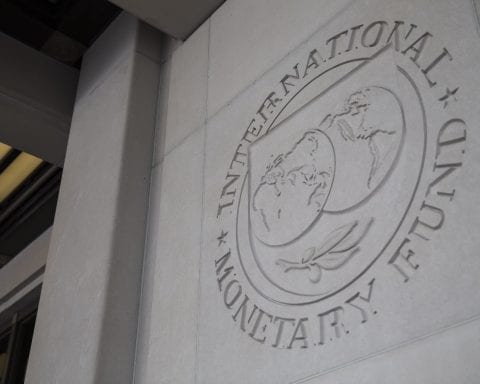The International Monetary Fund (IMF) stated on Sunday that Oman’s fiscal deficit and debt are projected to fall dramatically after soaring last year, as the Gulf state pursues a medium-term plan to repair finances hurt by the COVID-19 pandemic and low oil prices.
The budget deficit is forecast to fall to 2.4 percent of GDP this year, down from 19.3 percent in 2020, and the country is expected to go into surplus in 2022, according to the IMF.
“Central government debt rose to 81.2 percent of GDP (in 2020), with financing needs covered by domestic and external borrowing and asset drawdown, but is expected to decline sharply over the medium term,” the IMF said in a statement.
According to IMF forecasts, total government debt is likely to fall to 70.7 percent of GDP this year and then to around 47 percent of GDP in 2026.
Oman has accrued enormous sums of debt since the 2014 oil price drop, surpassing efforts to diversify revenue away from oil and cut spending on its bloated public sector.
In the last year, the Sultanate has taken a number of steps to improve its finances, including the implementation of a value-added tax and the decision to cooperate with the IMF to build a debt plan.
According to the IMF, the entire economy dropped by 2.8 percent last year, but is predicted to rise by 2.5 percent this year as a vaccine rollout boosts domestic activity and external demand picks up.














